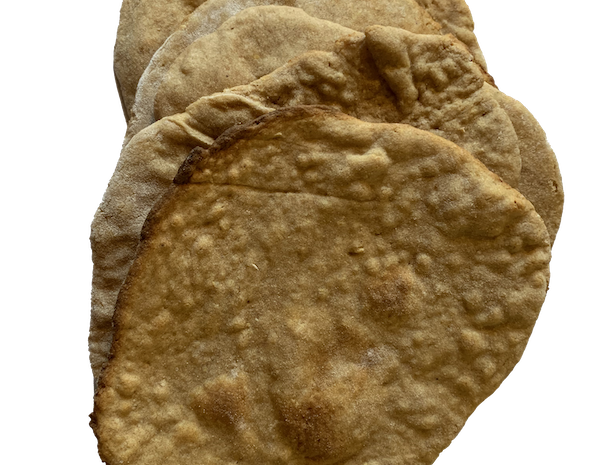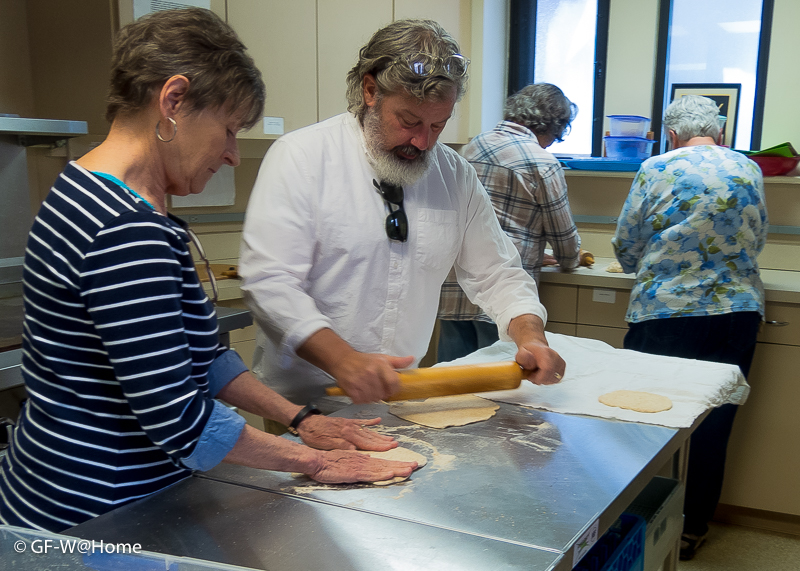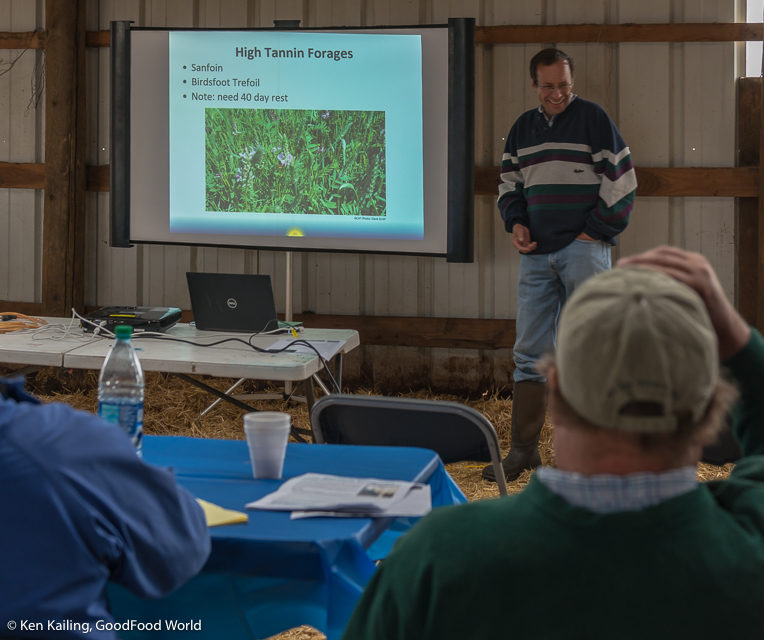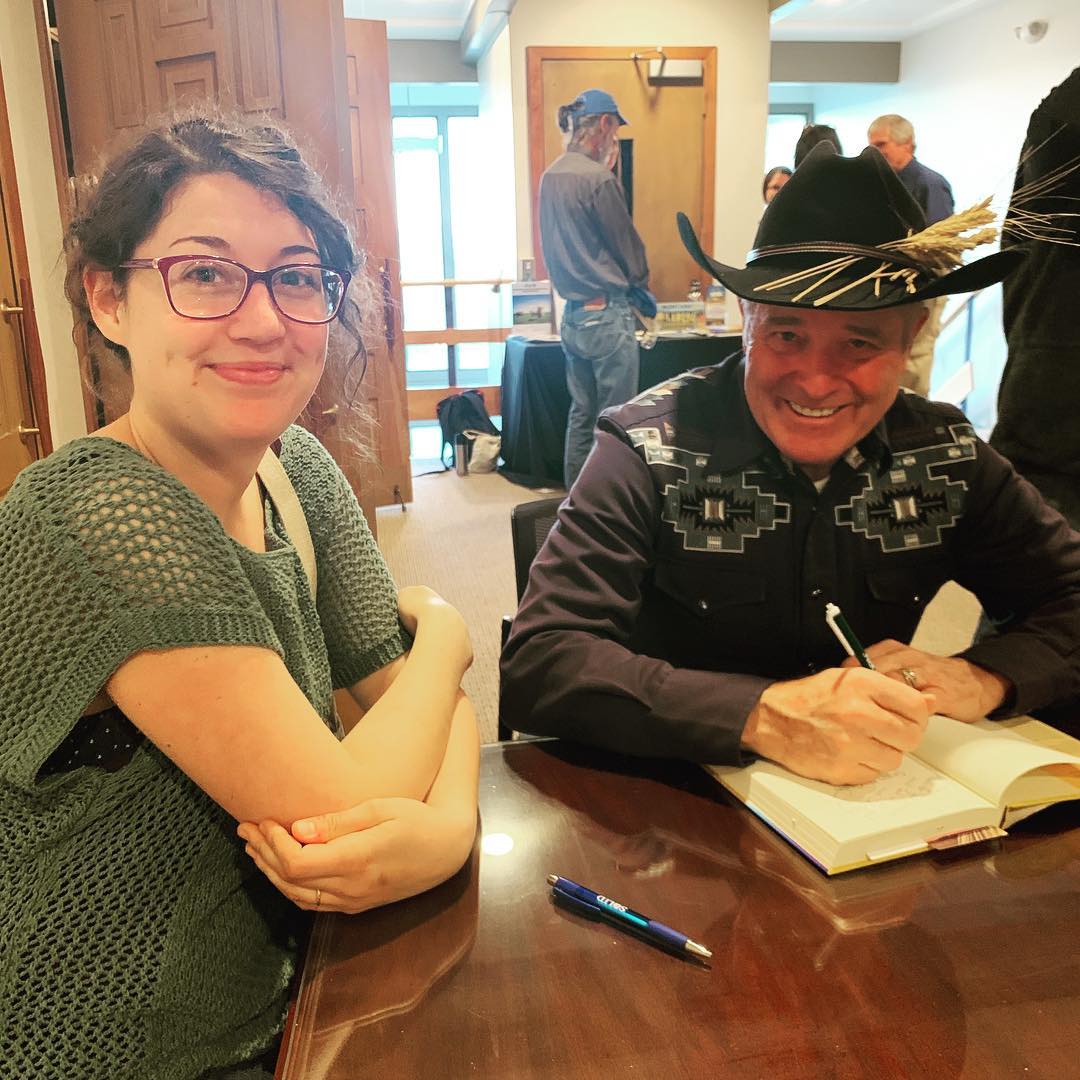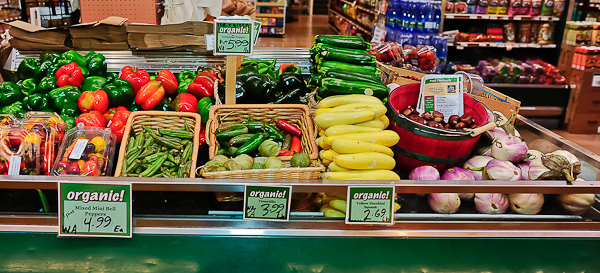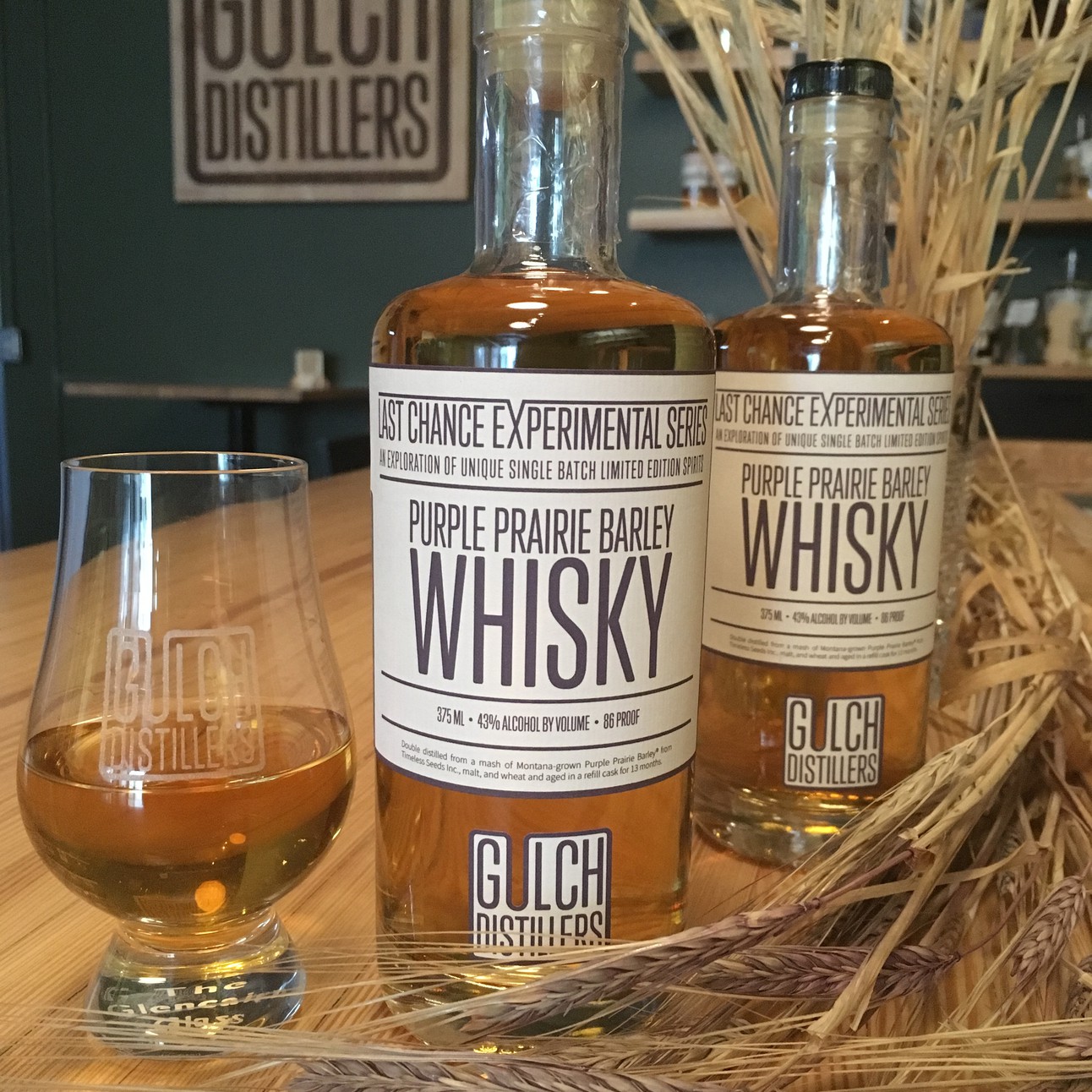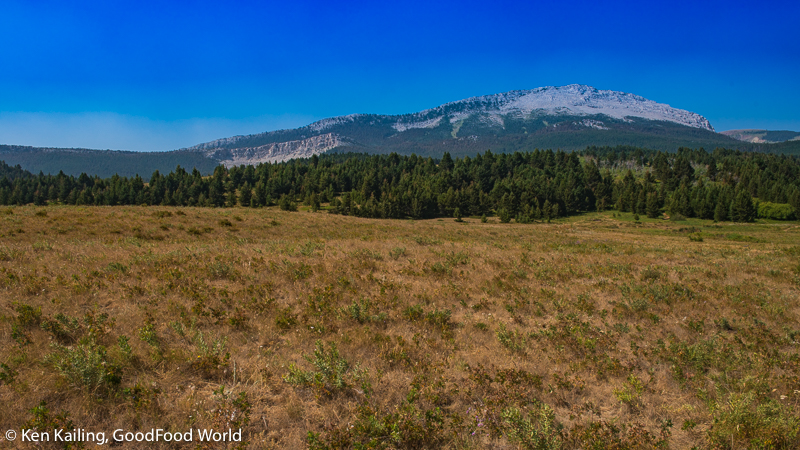Bread and Water for 390 Days
Around 2600 years ago, in a Jerusalem threatened by siege, God told Ezekiel he would have to live on only bread and water for 390 days. Ezekiel’s challenge was to survive on a daily ration of just 8 ounces of bread and a little over 2 ½ cups of water. Is it possible to do that? Can you survive on just bread and water?

